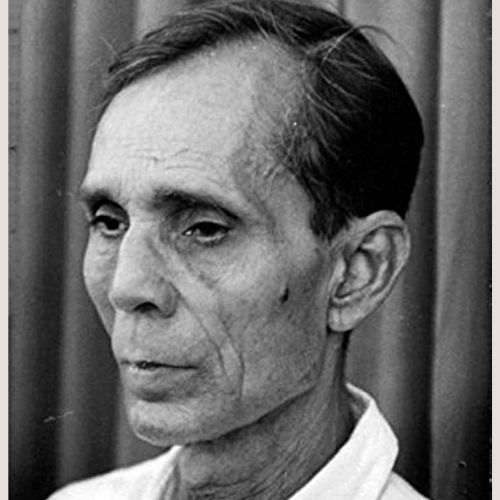Early Life
Somnath Lahiri was born on 1st September, 1909 in a middle-class family. He was influenced by communist ideals from a young age, and actively aided in the development of the trade union movement in Bengal alongside Bankim Mukherjee.
He was a part of the Calcutta Tramway Workers Union and the Calcutta Communist party wing. Lahiri was responsible for the formation of the party’s Calcutta Committee, and also participated in the effort to set up the All India Communist party in 1933.
Role in India’s Independence Movement
As a keen member of the Communist party, Lahiri was involved in improving conditions for workers under British rule.
Contribution to Constitution Making
Lahiri was elected to the Constituent Assembly from West Bengal, and was the sole representative of the Communist party. He intervened in the debates relating to fundamental rights, and strongly opposed the participation of former monarchs in the Assembly’s deliberations.
Later Contributions
After independence, Lahiri served as a member of the Bengal state legislative assembly for a period of 10 years between 1957-77. He also held the position of cabinet minister in charge of information and culture for West Bengal in the year 1967. In 1969, he became the minister for local self-government and public works.
Lahiri passed away on October 19, 1984.
Key Writings
A keen writer, one of his most notable publications was a collection of short stories titled Koliyuger Galpo. He was also an accomplished journalist who edited Swadhinate the Bengali-language newsletter for the Communist party.
- Lahiri moved two significant amendments to prevent princes and rulers of state from having the power to determine state representation in the Assembly. He argued that they were tools of British Imperialism, who would try to ‘whittle down whatever freedom we may try to evolve’.
- During the discussion on autonomy of states, Lahiri delivered a passionate speech which criticized the imposition of a unitary constitution.
- He also contributed to the deliberations on the distinction between justiciable and non-justiciable rights, and expressed concerns about the proviso that limited fundamental rights during a ‘grave emergency’.
Remembering Somnath Lahiri on His Birth Centenary (Mainstream Weekly, 2009)

